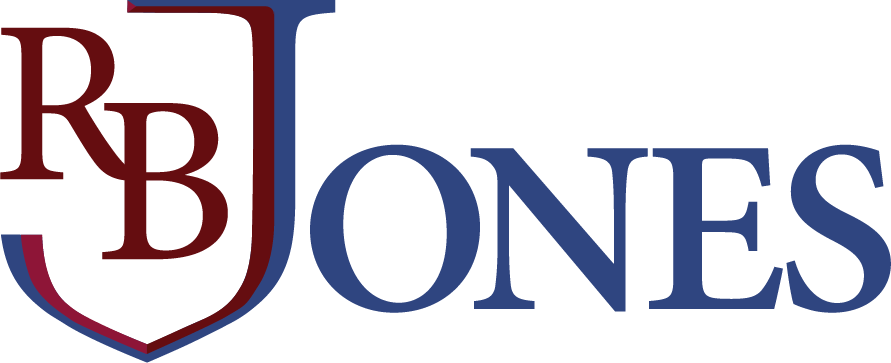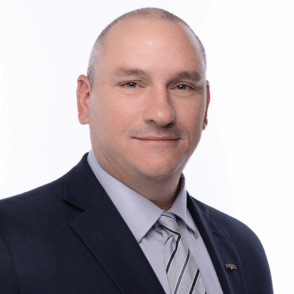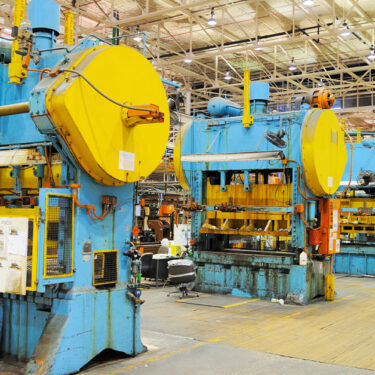Defective or unsafe products can lead to injuries, large-scale recalls, and devastating financial losses for manufacturers, distributors, and retailers. High-profile recalls can also severely damage a brand’s reputation, even for well-known companies with strong research and development practices. To learn more about the importance of Product Liability Insurance, we spoke with Will Berarducci, Senior Underwriter, Commercial Insurance, Burns & Wilcox, Pittsburgh, Pennsylvania.
What are some of the greatest product liability risks for manufacturers and distributors today?
WB: The greatest risks include design flaws, manufacturing defects, the possibility of breach of warranty, and failure to warn customers. When your product injures somebody, these types of claims can be incredibly costly — sometimes enough to bankrupt a business, especially if the affected product is their main line.
If millions of units are recalled, companies could be paying for shipping, disposal, retesting, and remarketing. That is why having the right insurance coverage in place is critical. Companies have a social responsibility to their customers as well. Although you are manufacturing these goods for the public or industries to use, one way to protect the public and your company is to make sure you have Product Liability Insurance. It can help pay for the cost of litigation, settlements, class-action lawsuits, and more.
What additional coverages should companies consider?
WB: If you have a Product Liability Insurance policy, you also typically need to have Product Withdrawal or Product Recall Insurance coverage. Recall coverage helps protect companies from the huge financial losses that come with removing products from the market, including customer notification costs, product disposal, crisis management, and more.
What should retailers and distributors know about their exposure to product liability claims?
WB: The product manufacturer is not the only entity that has responsibility in the event of a product failure; the stores selling the item are also exposed. For example, retailers and online sellers may be liable if they are notified about injuries and do not voluntarily remove that product from the shelves. In a lawsuit, the retailer could be named alongside manufacturers and distributors. Even if they ultimately do not share liability in the end, they will have to defend themselves all the way to a judgment or dismissal. That is why they also need to make sure they have their own Product Liability Insurance policy in place.
How does a prior recall or product liability claim affect a company’s ability to get insurance?
WB: Once a company has had a product liability claim, it can become much more challenging to get coverage. Carriers will want to know the specifics: what was the claim, how much did it cost, what product was involved, how did you handle it, and did you destroy the faulty items? Sometimes they may exclude that specific product from the policy going forward. It definitely brings more scrutiny to the underwriting process. Insurers will want to see that you have improved your research and development processes and taken steps to ensure all your products are safe.
Are certain types of products more difficult to insure?
WB: Critical parts for aerospace, automobiles, or ships, for example, are generally much tougher classes to write because of the potential consequences if something fails. Because the risk is higher, the markets are limited, and you can expect higher premiums for products coverage for these classes. If you have had products losses already, this can also affect markets and pricing. It is important to start early in the process of finding products coverage because there may be a much more in-depth review of the product and the insured’s operations including needing information on their safety standards and R&D processes, like testing.
Why are more product risks moving to the Excess & Surplus (E&S) market?
WB: One of the big challenges is that the cost of claims has been going up for years. Attorneys are asking for larger settlements, and if it is a death or catastrophic injury, the claim can be huge. When you get into specific types of products — airline products, gun products, wood products, or furniture, for example — the markets to insure those items are more limited, but solutions are available. If you have those types of exposures, you need to have a Product Liability Insurance policy that is specific to those risks.
What solutions can Burns & Wilcox offer in these situations?
WB: One of the best parts about our organization is that we work in tandem with different divisions within our company, allowing us to reach a variety of markets. This includes all our divisions from our Brokerage teams to our specialized focused groups like Personal Lines and Professional Lines, to our centers that focus on specific types of risk like Energy, Auto and Excess. This also includes our offices – some may have access to a market that others may not, and we work together to find a solution while keeping the client’s relationship from the referring office. If a client has high loss ratios or a high loss exposure, we have niche markets that we can access globally to find the right solution. It is meant to be seamless for both employees of Burns & Wilcox and our clients.
Is there a real-world example you could share that would help demonstrate the risks and solutions we have been discussing?
WB: We had an e-bike parts manufacturer that was also producing lithium batteries, and it was a larger risk. Many of the markets I deal with directly do not like to go as high on limits as this required. I went to our brokerage team, and we were able to cover the insured with a carrier that met their policy coverage limit needs at a premium level the client was happy with. Due to our cooperation across the company, I was able to access the right markets with the help of other Burns & Wilcox divisions. That is what makes Burns & Wilcox successful as a whole.
Why should brokers partner with Burns & Wilcox?
WB: In addition to the breadth and depth of our team’s knowledge, we are not limited to a specific area based on our location. We have offices in several different countries, including Canada, so we have the ability to work with other offices and divisions to meet the needs of basically anything that would be needed. Very rarely do we come across a risk that we cannot quote at all.
Product Liability Insurance
WHY YOUR CLIENTS MIGHT NEED IT: Any company that manufactures, distributes, or sells products faces the risk of their product injuring someone or requiring a recall. Even seemingly low-risk products can create expensive liabilities when an incident occurs.
PROTECTS AGAINST: Financial losses from product liability lawsuits, legal defense costs, settlements, and more.
EXPERT OPINION: “When your product injures somebody, these types of claims can be incredibly costly — sometimes enough to bankrupt a business, especially if the affected product is their main line.” –Will Berarducci, Burns & Wilcox






